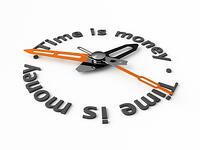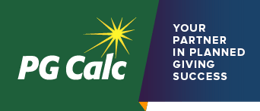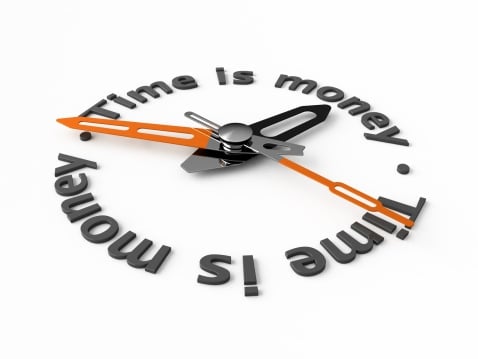How to Make the Most of Your Planned Giving Consultant
There are a number of reasons you might decide to engage a planned giving consultant. On the surface, there may be no other reason than to “increase gifts.” In other words, a program such as marketing might be a top priority. This makes sense, but you’ll also find it helpful to ensure you have the support and infrastructure to build and manage a marketing program or any other aspect of your planned giving effort. Below are some commonly identified needs and some tips to manage your planned giving consultant in these circumstances: 
When you are looking for support to champion an idea internally, be honest with your consultant that obtaining that support from a specific audience is the measure of success. For example, if your goal is increased resources such as budget or staff, your consultant should be focused on demonstrating return on investment (ROI), whether that be the productivity of gift officers, your marketing budget, travel costs, or the amount of potential gifts. Keep in mind this isn’t an entirely “outsourced” venture; work with your consultant and keep up to date on draft materials to ensure that the tone and nuances of the narrative will help you make your case.
When you are trying to create a workable blueprint , you’re seeking strategy, and it’s important to keep your consultants “out of the weeds.” Work with them so that they understand exactly what resources are available, point out any obstacles that you face to executing your strategy, and finally, partner with them to document clear action steps. Some of these recommendations may be related to changes in policy and infrastructure, but most would be more procedural in nature and have checklists and assigned responsibilities and goals.
When you are looking for a long-term partner to leverage your knowledge and time, take the extra steps early on to establish communication regimens. These include elements such as best times for phone calls, communication preferences such as email or phone, and whether whether scheduled times are better than ad hoc conversations. Building a solid relationship at the outset will allow you to be fluid later about which tasks are still yours to keep, which ones can be delegated outright, and what knowledge transfer will let you do your job better.
When dealing with a consultant, be assertive. Communication about your specific needs is the foundation of managing a relationship with your consultant. All good partners can react flexibly to the needs of clients so be sure to articulate the results you'll need.



Submit a Comment